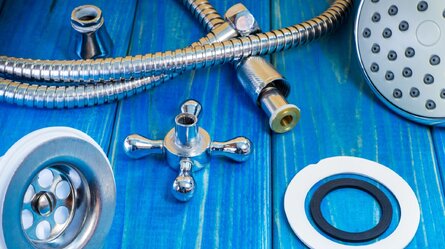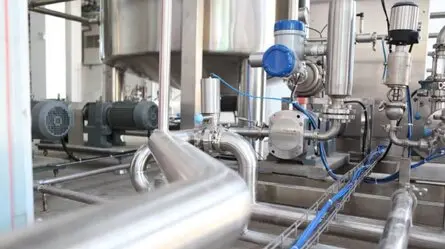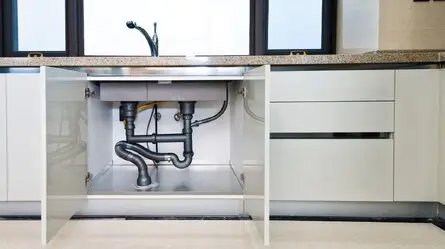Picture yourself walking into your dream home, a brand-new build offering a fresh start and the promise of carefree living. Yet, amidst the joy and anticipation, an unwelcome surprise might pop up: faulty plumbing.
Even with all the careful planning and high-quality construction that goes into a new home, plumbing problems can still crop up. Acting quickly can help you avoid bigger headaches down the road.
Today, we’ll explore the common plumbing problems that homeowners may encounter in a new build, the steps to identify and address these issues, and what to expect throughout the repair process.
Arming yourself with this information means you’ll be ready to handle any plumbing hiccups that come your way, keeping your new home a happy and comfortable place.
Common Plumbing Issues in New Builds
Despite being new, homes can still experience various plumbing problems. Some of the most common issues include:
- Leaks from pipes, taps, or toilets
- Low water pressure
- Clogged drains
- Malfunctioning water heater
- Poorly installed fixtures
Identifying the Problem
Recognising the Signs
As a homeowner, knowing the signs indicating a plumbing issue is essential. By catching problems early, you can prevent further damage and avoid costly repairs. Some common indicators of plumbing troubles include:
Water Stains
- Look for discolouration or dampness on walls, ceilings, or floors
- Stains may appear as yellowish, brownish, or rusty spots
- Water stains can signal leaks from pipes, faucets, or toilets
Unusual Noises
- Listen for gurgling, whistling, or banging sounds from pipes
- These noises may occur when the water is running or when the system is idle
- Unusual sounds can indicate clogs, air in the pipes, or water hammer
Foul Odours
- Pay attention to any unpleasant smells coming from drains or around plumbing fixtures.
- Odours may resemble rotten eggs, sewage, or mould
- Persistent foul odours can signal clogs, leaks, or ventilation issues
Importance of Early Detection
Identifying plumbing problems early is crucial for several reasons. First and foremost, it prevents further damage to your home’s structure and personal belongings. When leaks or other issues go unnoticed, water can seep into walls, floors, and ceilings, leading to costly repairs and potential structural damage.

Early detection also helps avoid more extensive and expensive repairs down the line. A small leak caught early can be fixed with relative ease. In contrast, a leak that has gone unnoticed for an extended period may require significant work, such as replacing drywall, flooring, or even structural elements.
Early identification of plumbing problems reduces the risk of mould growth and potential health hazards. Mould thrives in damp, dark environments, and a persistent leak or moisture issue can create the perfect breeding ground for mould spores. Inhaling mould spores can cause various health problems, including respiratory issues, allergic reactions, and even neurological symptoms.
Lastly, early detection of plumbing issues minimises water waste and higher utility bills. A leaky faucet or running toilet may seem like a minor inconvenience, but over time, the wasted water can add up, significantly increasing your water bills.
When to Call a Professional
If you think there might be a plumbing issue, it’s wise to get in touch with a professional plumber right away. Some minor problems, like a blocked toilet or dripping tap, can often be sorted with a quick DIY fix. But, the trickier stuff needs a professional’s touch.
Attempting to fix the issue yourself may lead to more significant problems down the line, such as:
- Causing additional damage to pipes or fixtures
- Voiding warranties on your plumbing system
- Risking personal injury or property damage
A professional plumber has the knowledge, tools, and experience to accurately diagnose the problem and provide effective solutions. They can also advise you on preventative measures to avoid future plumbing issues in your new build.
The Repair Process
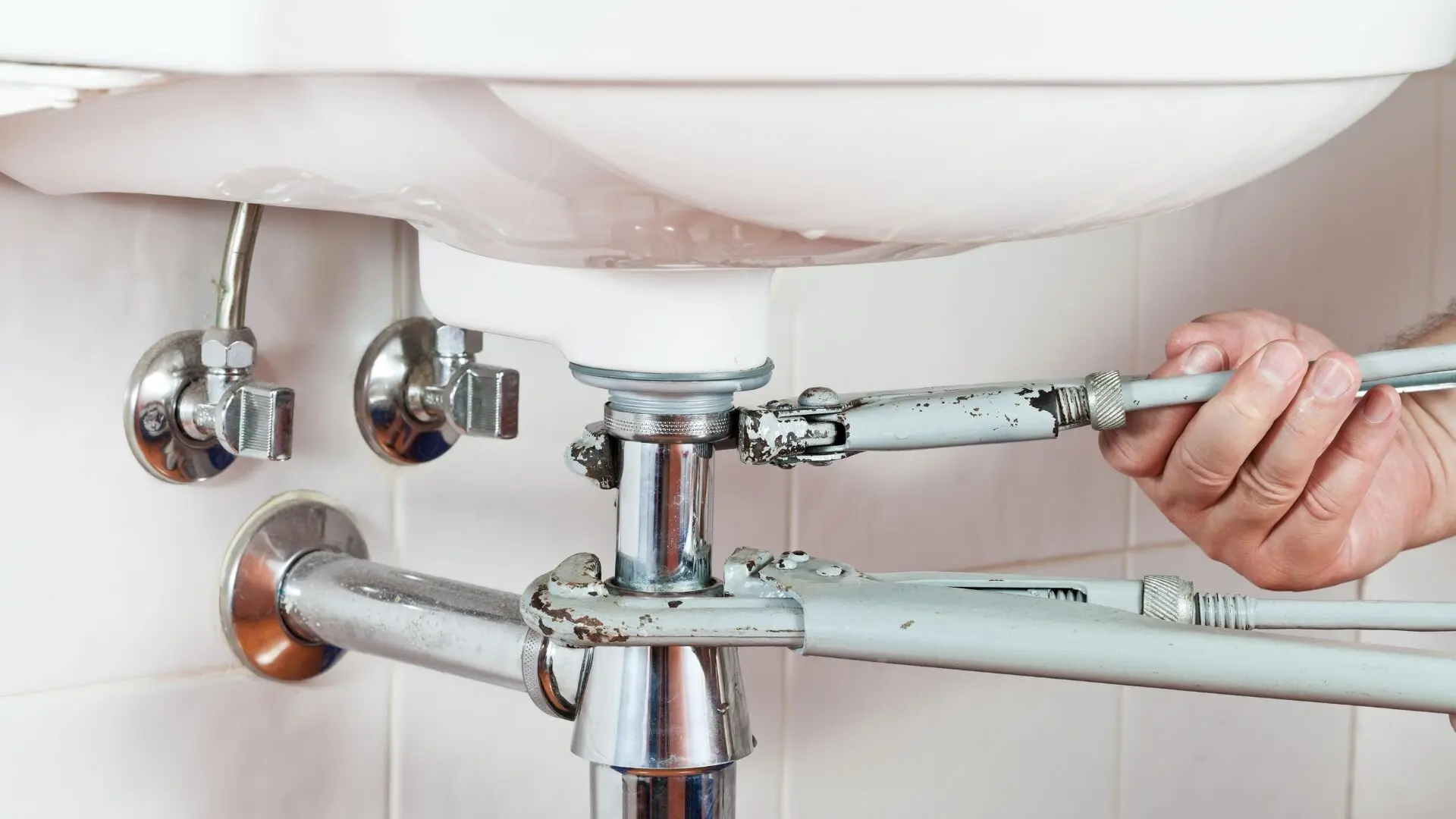
Scheduling an Inspection
When you reach out to your builder or plumber about a plumbing issue, the first thing they’ll do is set up an inspection. During this visit, a professional will give the situation a thorough look to figure out what’s really going on. They might use special equipment like cameras or moisture detectors to find leaks or damage that aren’t immediately visible.
Determining the Cause and Explaining the Repair Plan
Once the plumber has identified the source of the plumbing issue, they will explain their findings to you in detail. This explanation should include the problem’s cause, the damage’s extent, and the proposed repair plan. The plumber should also provide you with a timeline for the repairs, outlining how long the process is expected to take.
It’s essential to ask questions during this discussion to ensure that you fully understand the repair process and any potential complications. A reputable plumber will be happy to answer your questions and address any concerns you may have.
Estimated Costs and Warranty Coverage
The complexity of the plumbing issue will determine the duration of the repairs, which can range from a few hours to several days. Factors that may impact the repair timeline include the accessibility of the damaged area, the need for replacement parts, and the extent of the damage.
Your plumber should provide you with an estimated cost for the repairs upfront. This estimate should include a breakdown of labour costs, materials, and any additional fees. It’s important to discuss payment terms and options before the work begins to avoid any surprises later on.
If your new build is still under warranty, some or all of the repair costs may be covered. Your plumber should be familiar with the warranty process and can guide you through any necessary paperwork or documentation. Be sure to keep records of all repairs and communications with your builder or plumber in case any issues arise in the future.
Temporary Solutions and Prevention
While waiting for professional repairs, homeowners can take some temporary measures to mitigate plumbing issues and prevent further damage. These DIY fixes can help manage the situation until a plumber arrives, but it’s crucial to remember that they are not long-term solutions.
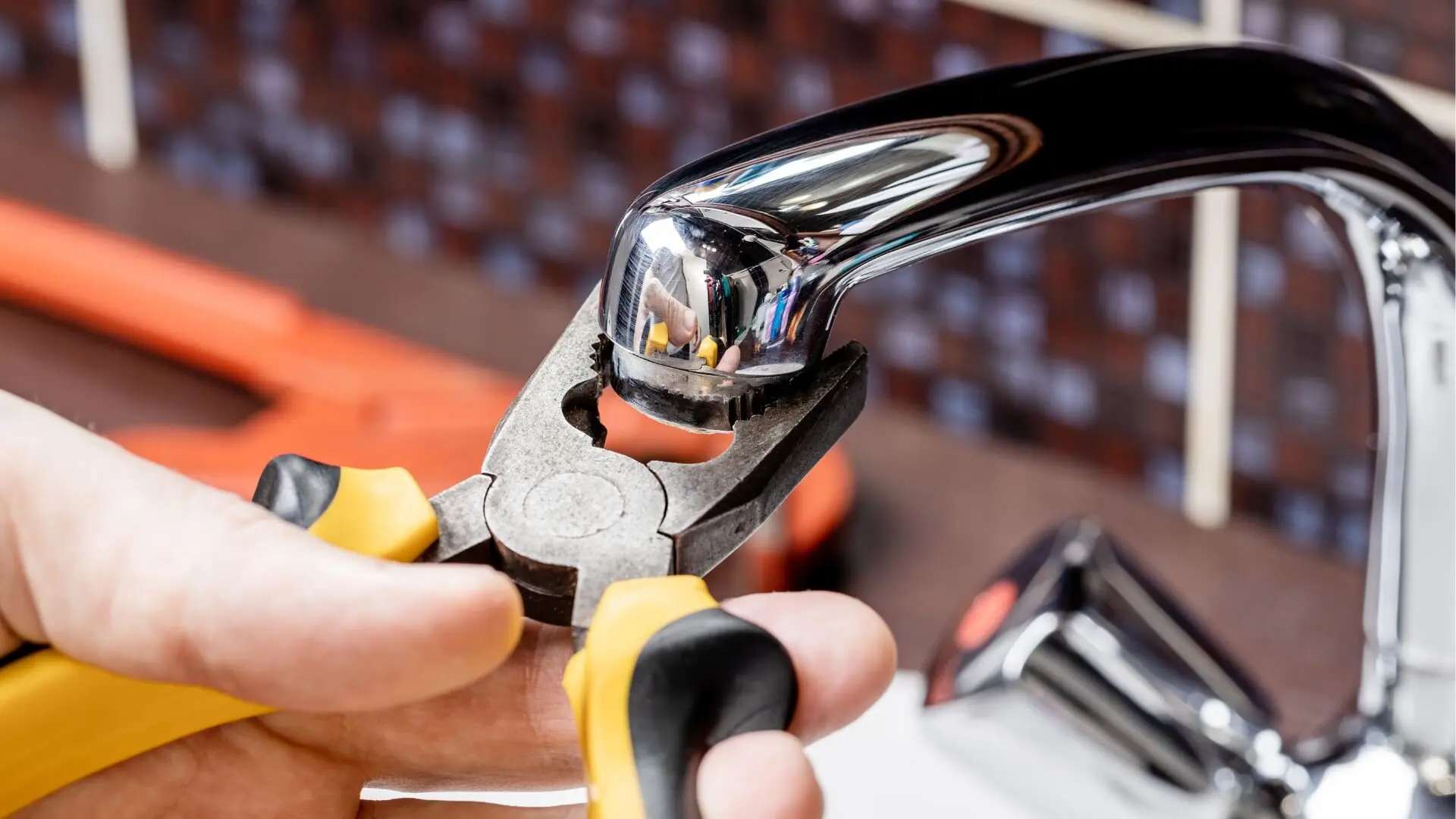
Temporary DIY Fixes
In some cases, simple DIY temporary fixes can help alleviate the problem until a professional can address it. For example, you can try tightening the base or replacing the washer if you have a leaking faucet. If a toilet is running continuously, adjusting the float arm or replacing the flapper may temporarily resolve the issue. However, it’s essential to exercise caution when attempting any DIY fixes and to avoid making the problem worse.
Preventing Future Plumbing Problems
Prevention is key when it comes to maintaining a healthy plumbing system in your new building. Adopting good habits and practising regular maintenance can significantly reduce the risk of encountering plumbing issues in the future.
One of the most important preventative measures is to avoid flushing non-biodegradable items down the toilet, such as wipes, cotton swabs, or feminine hygiene products. These items can clog pipes and cause severe blockages, leading to costly repairs.
Installing strainers in sinks and showers is another effective way to prevent plumbing problems. These inexpensive devices catch hair, debris, and other small objects that can accumulate in pipes, causing clogs and backups.
Tackling Plumbing Issues in Your New Build: Stay Informed and Proactive
Handling faulty plumbing in a new build can be a bit of a headache, but staying informed and proactive helps minimise the hassle. Be sure to tackle plumbing issues promptly and team up with a trusted professional to keep your home’s plumbing in great condition.
If you’re in the Perth area and looking for reliable, experienced plumbers to handle your new build’s plumbing needs, look no further than Woolf Plumbing & Gas. Our team of expert plumbers is dedicated to providing high-quality workmanship and exceptional customer service. Whether you need repairs, maintenance, or installations, we’re here to help.
Contact Woolf Plumbing & Gas today to schedule an appointment and experience the peace of mind that comes with entrusting your plumbing to professionals.


